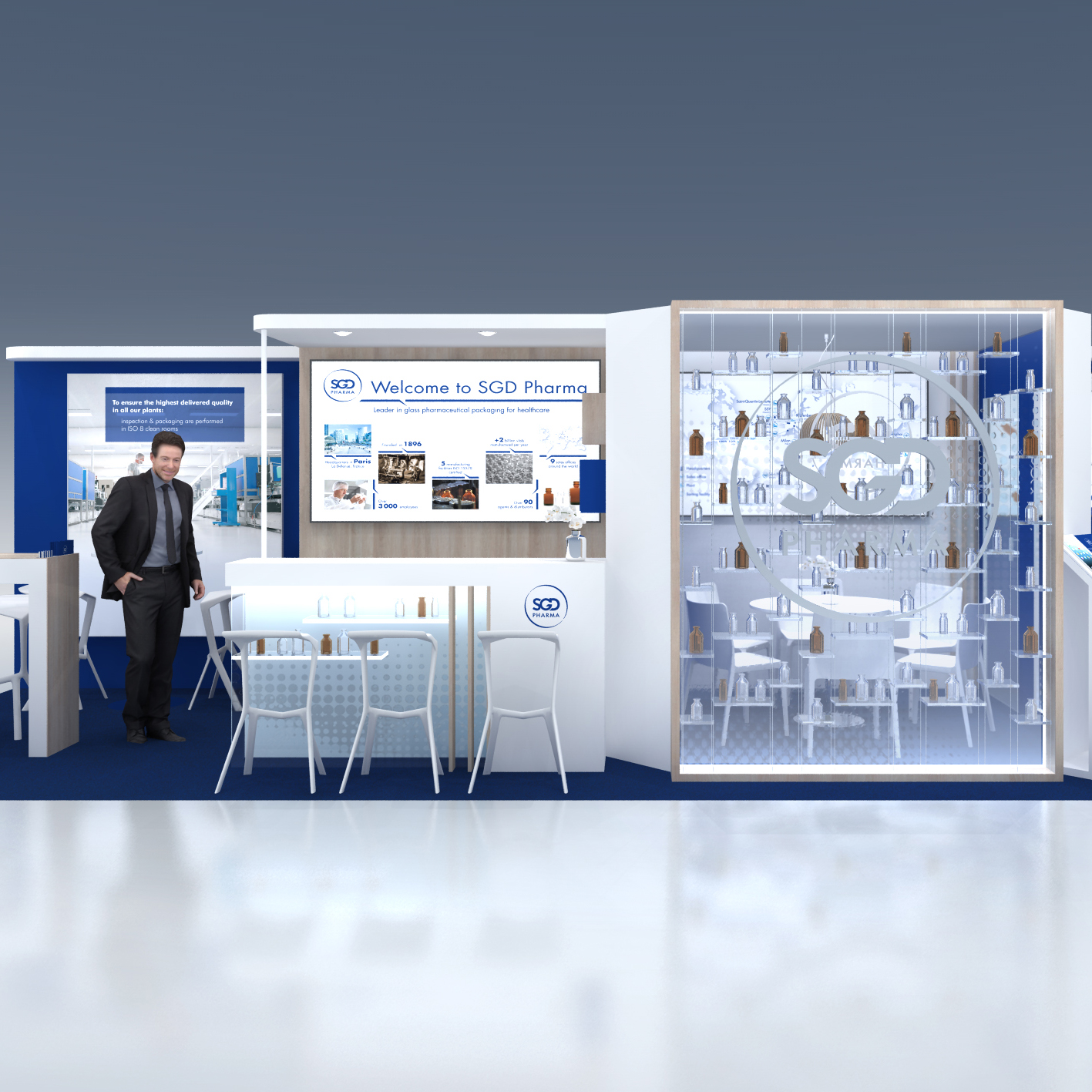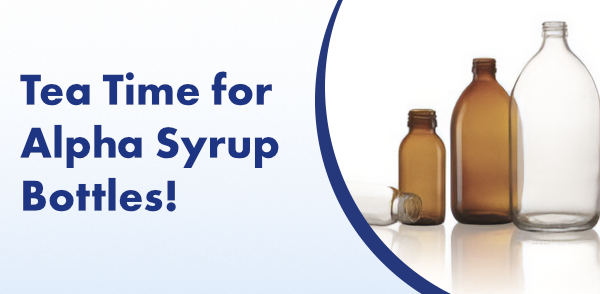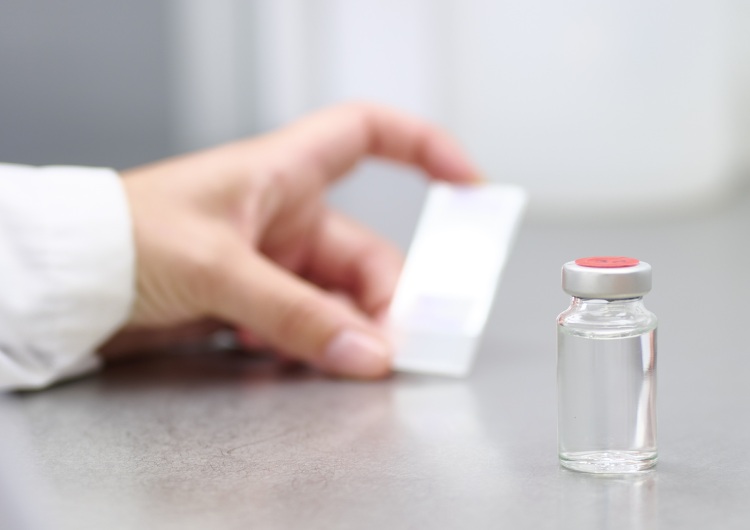
Stand No. : 3-B05
Visiter le site webStand No. : 3-B05
Visiter le site web
Continued focus on innovation to be presented by SGD Pharma at Pharmapack Europe 2023

Paris La Défense, FRANCE – 24 January 2022

Did you know that SGD Pharma’s Alpha bottles in Type III amber and clear glass are also suitable for many other applications, including tea?
Appointed last July as CEO of SGD Pharma, Olivier Rousseau relies on solid experience in various industries in financial and general management positions, which allows him to approach his new position with a fresh and informed eye.
The Pharmaceutical Post met him.
To access to the full interview click on the image below

Committed to staying ahead with pioneering glass packaging solutions that answer the changing needs of the pharmaceutical industry, SGD Pharma is set to showcase its latest innovations at CPhI Frankfurt 2022